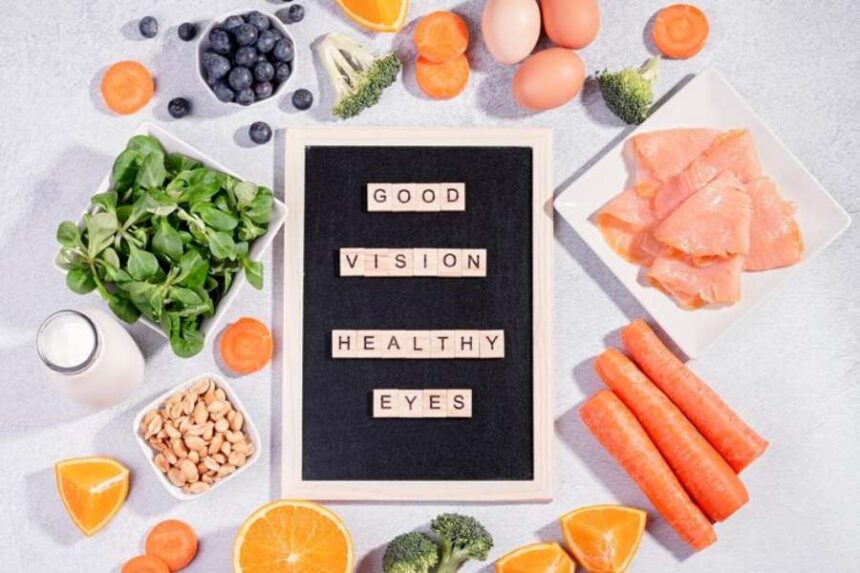Your eyes go through a lot each day. From bright screens to dry air and even diet choices, the small things can add up. While some changes to your eyesight are expected with age, what you eat might help slow things down or ease the strain.
If you’re curious about how food affects your vision and which nutrients are worth adding to your plate, this guide will walk you through what your eyes need and how to get it from everyday meals.
Why Nutrition Matters for Vision
Your eyes need a steady stream of nutrients to stay healthy. Over time, things like UV exposure, screen time, and aging may weaken key parts of the eye, especially the retina and the lens. The good news? Research suggests that certain vitamins and antioxidants might help keep your eyes working as they should.
Vitamin A is one to start with. It helps your eyes adapt when light changes and keeps the surface of the eye in good condition. If you’re not getting enough, you might notice dry eyes or trouble seeing in dim light. Carrots, spinach, sweet potatoes, and other brightly coloured vegetables are all solid sources.
Lutein, Zeaxanthin, and the Role of Antioxidants
Two key nutrients often linked to better eye health are lutein and zeaxanthin. These antioxidants are found in the part of your eye that deals with central vision and detail. They may help protect your eyes from harmful blue light and general wear over time. You’ll find them in leafy greens like kale, spinach, and even peas.
You can also try taking a bilberry supplement. Bilberries contain compounds that may support blood flow to the eyes and ease the discomfort that comes from long hours in front of a screen.
Omega-3s and Eye Moisture
If your eyes often feel gritty, tired, or dry, you’re not alone. That uncomfortable feeling can be linked to poor tear production or inflammation. Omega-3 fatty acids, which are found in oily fish like salmon and mackerel, might help support tear quality and reduce dryness. If fish isn’t your thing, try adding chia seeds or flaxseeds to your meals instead.
Zinc, Vitamin C, and Vitamin E
Some nutrients work better when they’re combined. In large UK-backed studies on eye health, a mix of zinc, vitamin C, and vitamin E was shown to help slow the progression of age-related eye conditions. Zinc helps move vitamin A from the liver to the retina, while C and E may protect your eye tissue from damage caused by light and age.
Good sources of these include oranges, red peppers, sunflower seeds, almonds, and chickpeas. A balanced diet with these ingredients might offer long-term support for your eyes.
Keep It Consistent
There’s no magic food for perfect vision, but sticking to a nutrient-rich routine gives your eyes a better shot. If you’re thinking about supplements, speak to your GP first, especially if you have other health conditions or take medication. Your next meal could be a step towards better eye health. Stick with it, try small changes, and give your eyes the support they deserve.




